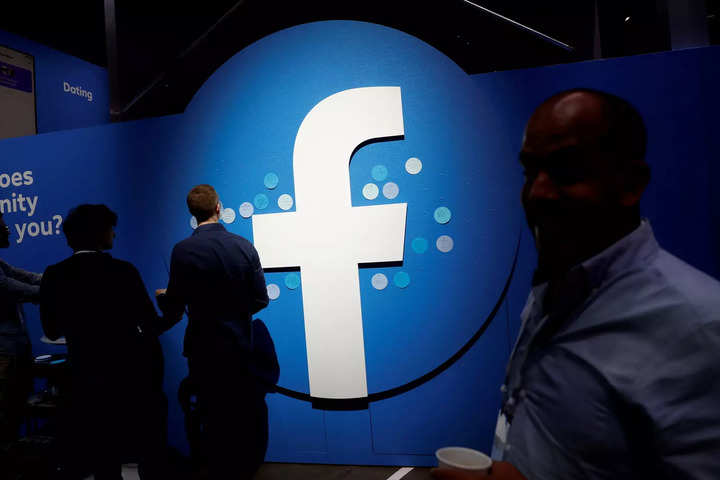After a court finds that publishers can be held accountable for public comments on internet platforms like Facebook (FB.O), Australia is moving forward with a renewed sense of urgency to rewrite its defamation rules.
CNN, which is owned by AT&T Inc (T.N), has restricted Australians from its Facebook pages since the verdict, while the Australian section of the British daily Guardian claims it has disabled comments underneath most items published on the platform.
The leaders of Tasmania and the Australian Capital Territory, which includes Canberra, have similarly disabled comment sections on their Facebook pages, citing the country’s top court’s decision. Michaelia Cash, the federal attorney general, wrote to her eight state and territory colleagues on Wednesday, emphasizing the necessity of continuing to evaluate defamation legislation.
“I have received considerable feedback from stakeholders regarding the potential implications of the High Court’s decision,” the letter, said.
“While I refrain from commenting on the merits of the Court’s decision, it is clear from stakeholder reactions … that our work to ensure that defamation law is fit-for-purpose in the digital age remains critical.”
The study, which will last until 2021, has 36 submissions on its website, including one from Facebook, which claims that it should not be held accountable for defamatory comments since it has limited authority to monitor and remove anything posted on publishers’ sites.
The decision has been criticized, with defamation attorneys criticizing Australia for failing to keep up with technological development and pointing out the contrast with the United States and the United Kingdom, where laws mainly protect publishers from the consequences of online comments.
The state and federal attorneys general will meet in the coming month to discuss possible revisions, however, no date has been set for when the law could be changed in parliament.
While media organizations were among the first to criticize the High Court decision, attorneys have cautioned that any Australian industry that uses social media to communicate with the public might be held liable. Most businesses will continue to allow comments since “interaction is the core strength of social media,” according to Brendan Nyst, director of law company Nyst Legal, which often publishes on Facebook, but the High Court judgment “establishes the necessity for effective monitoring.”












